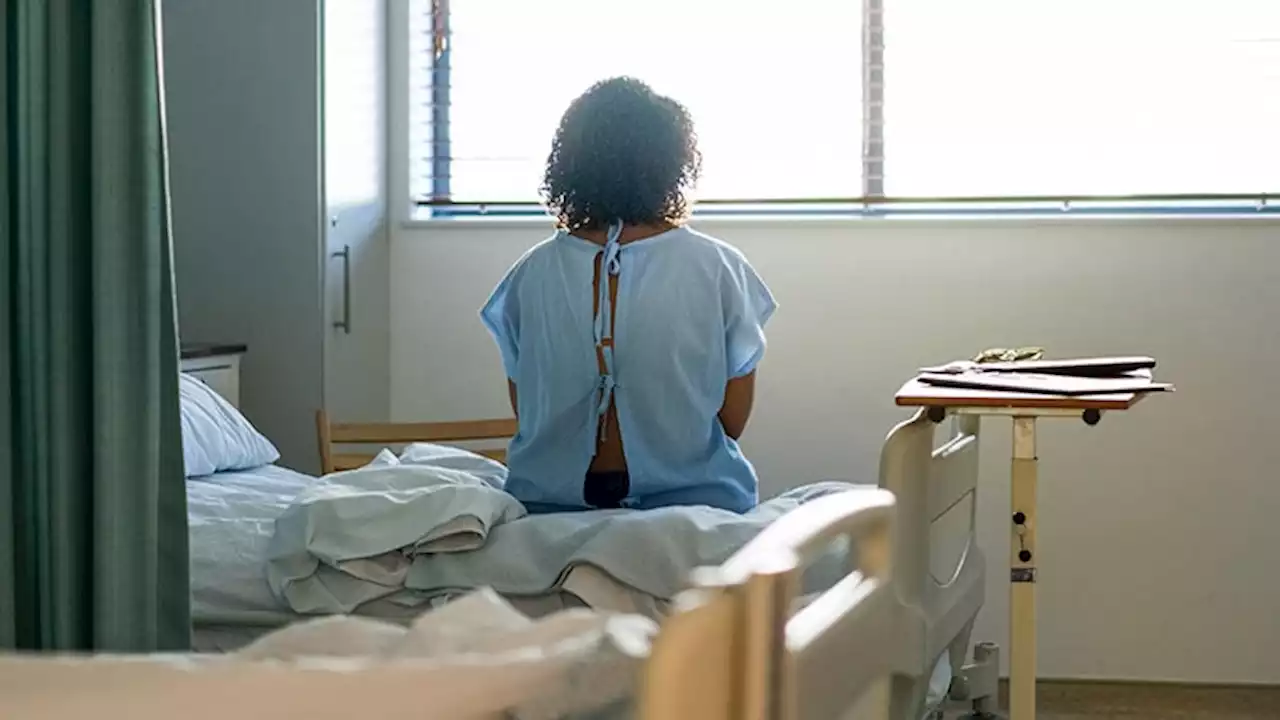FBI data show an increase of 1533.0% in sexual assault-related visits to the ED from 3607 in 2006 to 55,296 in 2019. Studies show victims are at an increased risk of mental health conditions and in need of compassionate and comprehensive care.
, substance use, and chronic conditions, write Emily L. Vogt, BA, of the University of Michigan, Ann Arbor, and colleagues.
Patients presenting to the ED after an SA were mainly women . Individuals aged 18 to 25 years accounted for nearly half of the presentations. Individuals in the lowest and second lowest income quartiles also were overrepresented. "Although the association between increased coding specificity and documentation of SA is still unclear, ICD-10 likely contributed to increased ED documentation of SA," but the data show steady increases that are independent of the coding change, the researchers write.
"Being able to better understand how social and societal movements affect a patient's comfort in reporting an SA is vital in tracking the numbers of people who seek care in the ED," said Glatter, an emergency medicine physician at Lenox Hill Hospital at Northwell Health and an assistant professor at the Zucker School of Medicine at Hofstra/Northwell, New York.
A key message from the current study is that there is a need for investment in"compassionate and comprehensive care for all survivors of SA," Glatter said."This includes recognition of the extensive mental health consequences of SA that can lead to not only depression, PTSD, and anxiety but also to suicidal ideation and. The longer-term medical effects become life altering, permeating families and future generations," he emphasized.
